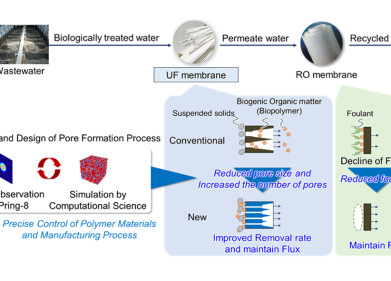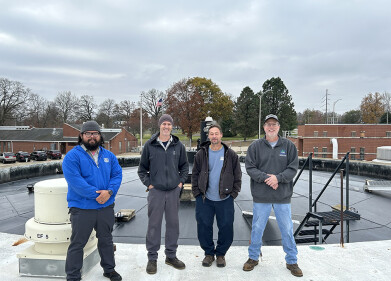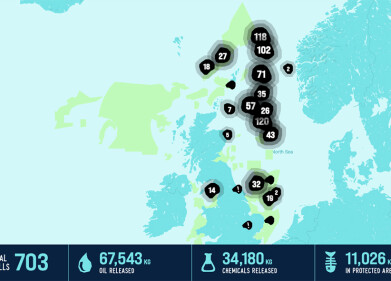Water/Wastewater
Agriculture Reduces Water Pollution Incidents
Sep 12 2019
Agriculture caused fewer incidents of water pollution in England in 2018-19 than in the previous year, according to figures published by the Environment Agency in August. The update represents a rare piece of good news in the world of water conservation, given that every other sector saw an uptick in reported incidents over the same period.
Overall, cases of river, lake and sea contamination rose by 23% across England, with the prolonged periods of hot weather last summer and autumn thought to be the main culprit. However, that very same factor has been lauded as the reason why agriculture was responsible for fewer incidents in 2018-19, highlighting both the good and bad (but mostly bad) consequences of climate change.
Bucking the trend
For the period 2017-18, 63 incidents of agricultural-related water pollution were recorded, while that figure fell to just 59 in 2018-19. At a 6% decrease, the number is also the lowest among all sectors, including illegal waste management, improper treatment of wastewater by water companies and other breaches of industry regulations.
One of the most common causes of agricultural contamination is the ammonia pollution created when slurry stores leak or fertilisers from crops leach into waterways. However, the extended dry spells experienced last year meant that farmers were able to enter the winter with empty slurry stores, meaning that not a single incident arose from this issue. There was one incident caused by a leakage in a new slurry store.
The largest number of agricultural mishaps came through dairy and livestock, which was responsible for 31 incidents. That was followed by the 22 cases caused by intensive farming, while arable and horticultural endeavours were responsible for the remaining instances of water pollution.
Still a major concern
Given that agriculture is responsible for over 70% of global water withdrawal, the news that English farmers have shown improvement over the last 12 months comes as a welcome respite from the mostly negative revelations surrounding the environment. However, it should not be allowed to mask the fact that overall contamination events rose by almost a quarter, from 430 in 2017-18 to 493 last year.
The biggest increase was witnessed in illegal waste management, which experienced 59% more incidents (a total of 78 reported events) compared to last year. “Whilst illegal waste sites continue to be an issue in many areas, specific parts of country have also seen a rise in illegal dumping,” explained the report. “We continue to tackle waste crime as a corporate priority and have had significant additional government funding to explore new opportunities to prevent and disrupt waste crime.”
While the hotter temperatures were beneficial to agriculture, they exacerbated the situation in other sectors of the industry. In addition to illegal fly tipping, water quality was also compromised by improper practices undertaken by water companies and additional violations of water safety standards.
Events
Mar 18 2025 Expo Santa Fe, Mexico
Mar 18 2025 Moscow, Russia
Mar 19 2025 Manila, Philippines
Mar 20 2025 Guangzhou, China
Mar 24 2025 National Harbour, MD, USA














